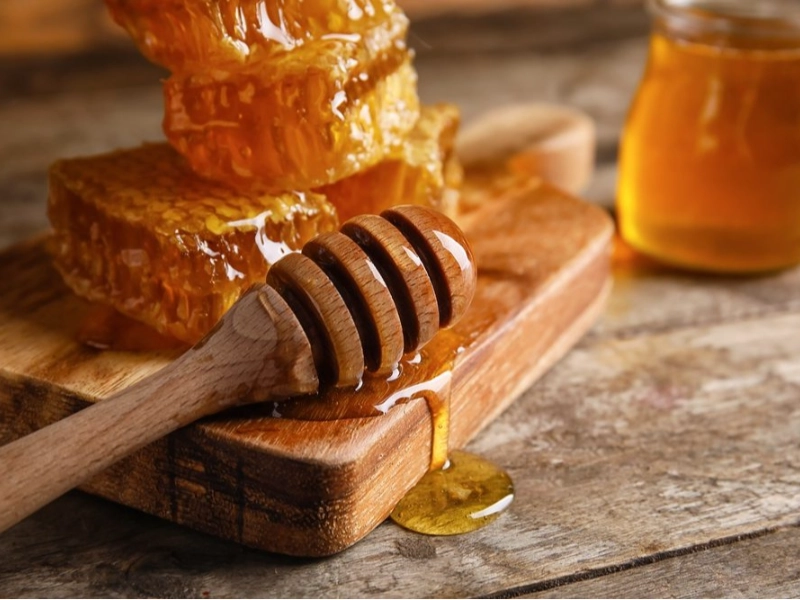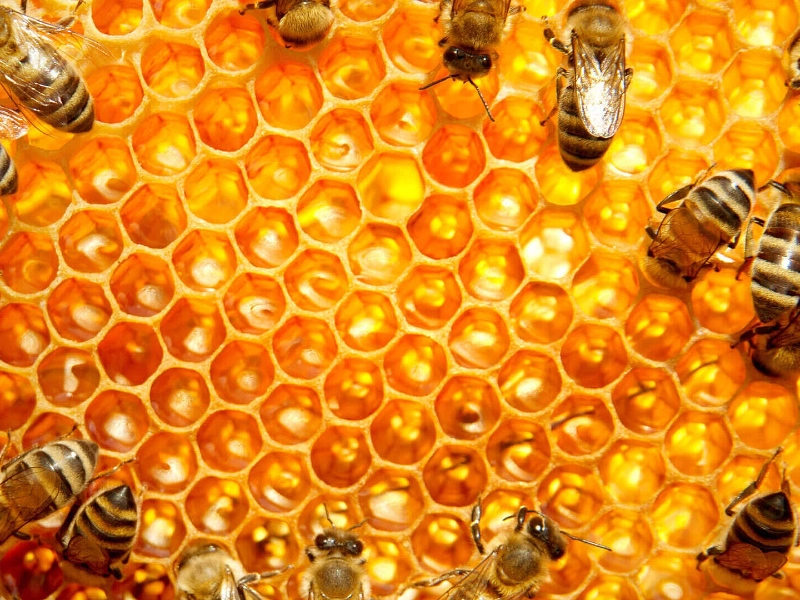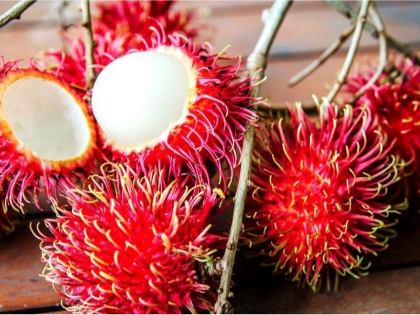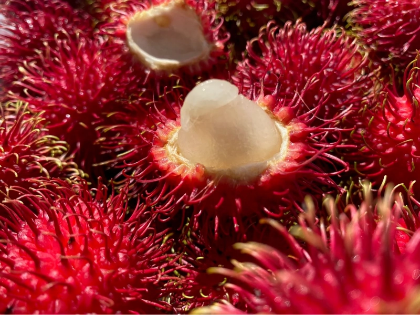Honey's Role in Supporting a Healthy Gut Microbiome
Honey is a powerhouse of health advantages that can help to sustain a good gut flora in addition to a natural sweetener. For millennia, people have employed this golden elixir for its therapeutic qualities; today's study is starting to show its possible influence in gut health promotion. Rich in prebiotics, antioxidants, and antibacterial qualities, honey can help balance the many population of bacteria in the gut, therefore promoting general health. This post looks at honey's nutritional advantages, how it supports gut health, and doable ways you could include it into your diet.
Honey's Nutritional Content
 Advertisement
Advertisement
Comprising many sugars, vitamins, minerals, and antioxidants, honey is a complex molecule. Glucose and fructose are the main sugars in honey; they offer a rapid energy source. Honey does, however, also have a range of useful ingredients including calcium, iron, magnesium, potassium, vitamins B and C, and others. The great antioxidant concentration of honey is among its most important features. Antioxidants fight oxidative stress in the body, therefore preventing inflammation and a range of health problems. Honey's particular antioxidants, phenolic acids and flavonoids, not only improve general health but also help to preserve a balanced gut flora. Honey generates an environment fit for the growth of good gut flora by including antioxidants and basic nutrients.
Honey's prebiotic qualities
Non-digestible fibres called prebiotics help good bacteria in the stomach flourish. Prebiotic elements found in honey, such oligosaccharides, feed these helpful bacteria. These prebiotics boost gut microbiota diversity and balance by helping probiotics flourish when ingested. Studies have indicated that honey's prebiotic qualities could help to maintain intestinal health. Digestion, immune system, even mental health depend on a balanced gut microbiota. Including honey in your diet will help your gut get the nutrients it needs to develop a vibrant community of helpful bacteria, therefore promoting general health.
Antimicrobial Actions of Honey

Apart from its prebiotic characteristics, honey is well-known for its antibacterial action. Hydrogen peroxide included in natural honey has been demonstrated to stop the spread of dangerous bacteria, viruses, and fungus. Maintaining a good gut flora depends especially on this antimicrobial effect since it keeps pathogenic germs away. Certain kinds of honey, notably Manuka honey, have been connected to improved antibacterial qualities because of their special molecules. These qualities support a better intestinal environment and help lower infection risk. Regular honey consumption helps you maybe lower the harmful bacteria in your gut and support the growth of helpful ones.
Advancing digestive health

Effective digestion depends on a normal gut flora. By increasing gut motility and hence lowering gastrointestinal discomfort, honey can help to maintain digestive health. Its relaxing qualities can assist with problems including constipation, bloating, and gas. Honey also has been demonstrated to improve intestinal nutrition absorption. Honey not only helps the gut flora but also guarantees that your body may make good use of the nutrients from the meals you eat by encouraging good digestion. Honey's double advantages make it a great addition to a gut-friendly diet.
Including Honey into Your Every Day Schedule
Honey is easy and great addition to your diet. One can appreciate this flexible element in many different ways. Honey is a natural sweetener fit for tea, yoghurt, or smoothies. Another excellent approach to increase your consumption is drizzling honey over muesli or including it into baked products. Consider making a morning detox drink combining honey with warm water and lemon juice for a gut-friendly delight. This combo offers a revitalising beginning to your day and aid start your digestion. Changing recipes will enable you to discover fresh and delicious approaches to use honey into your meals, so optimising its health advantages.
Possible Allergies and Thoughtfulness
Although most people consider honey to be safe, one should be cautious of possible allergies or sensitivity. Honey may cause allergic reactions in certain people, especially if they have pollen or bee products allergy. If you have any questions or encounter negative reactions after eating honey, you should see a healthcare provider. Honey should also not be given to newborns less than one year old since botulism could result. To safely enjoy honey's advantages, be sure you eat it in moderation and consider any sensitivities.
Investigating Future Honey and Gut Health Research
Researchers are looking more and more at the health advantages of honey, especially its function in gut health as natural remedy interest rises. Future research might explore the particular chemicals in honey that support its antibacterial and prebiotic properties. Knowing these processes will help one create more focused suggestions for using honey as a functional food to enhance gut health. Research on the impact of various kinds of honey on the gut flora could also be of interest since it will help one understand which kinds might be most advantageous. Honey might be very important in dietary plans meant to increase gut health and general well-being as our knowledge of the gut flora keeps changing. All things considered, honey is a great natural food with prebiotic qualities, nutritional content, and antibacterial action supporting a good gut microbiome. Honey's many other health advantages, assist digestion, and help to improve gut health by including it into your everyday diet. Accept honey's delightful approach to help your body from the inside out:









